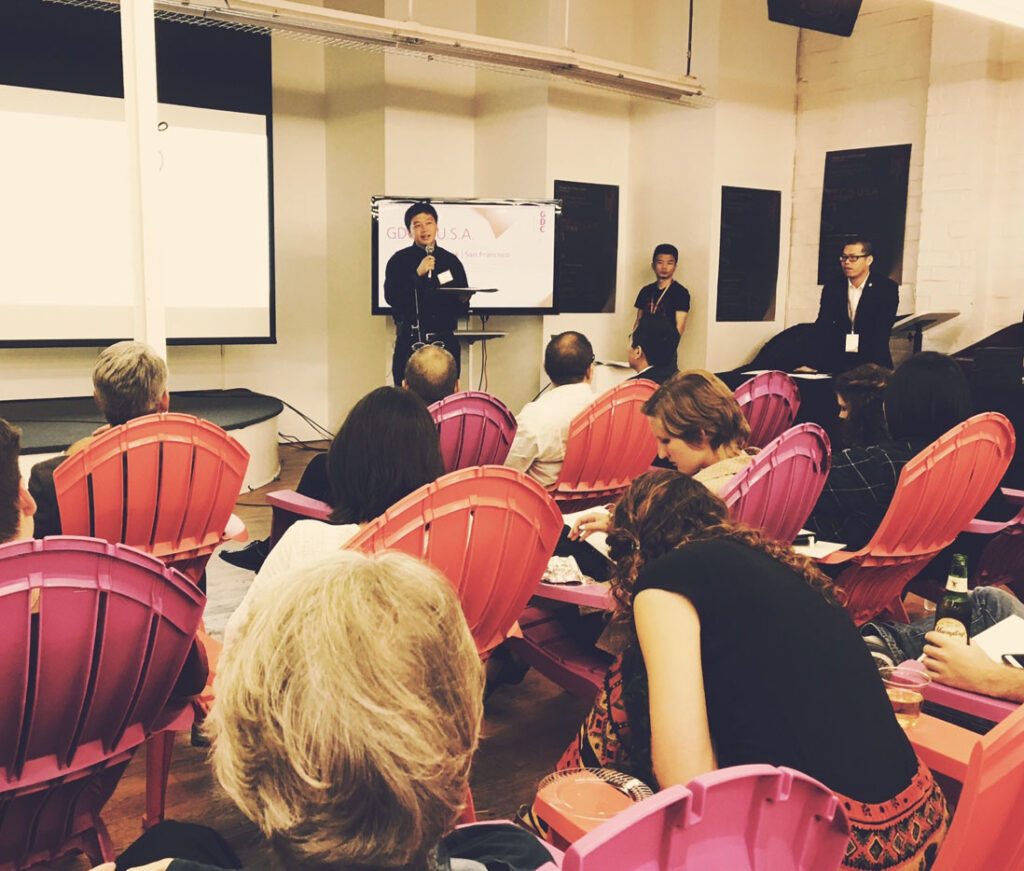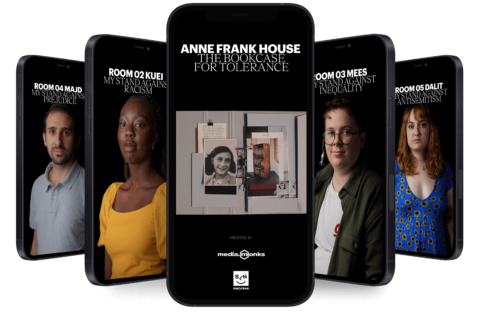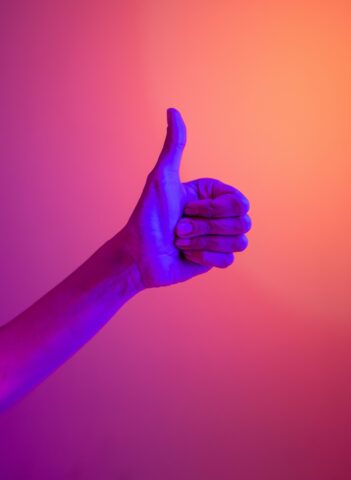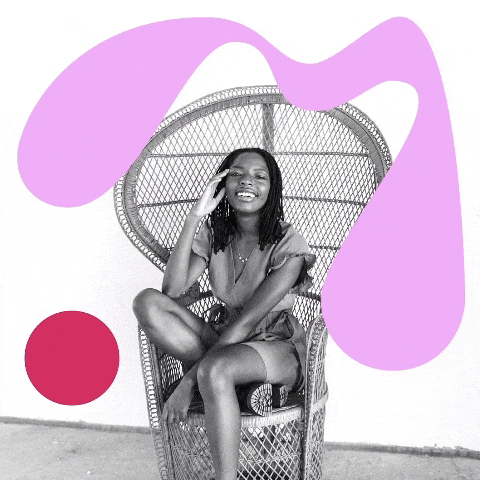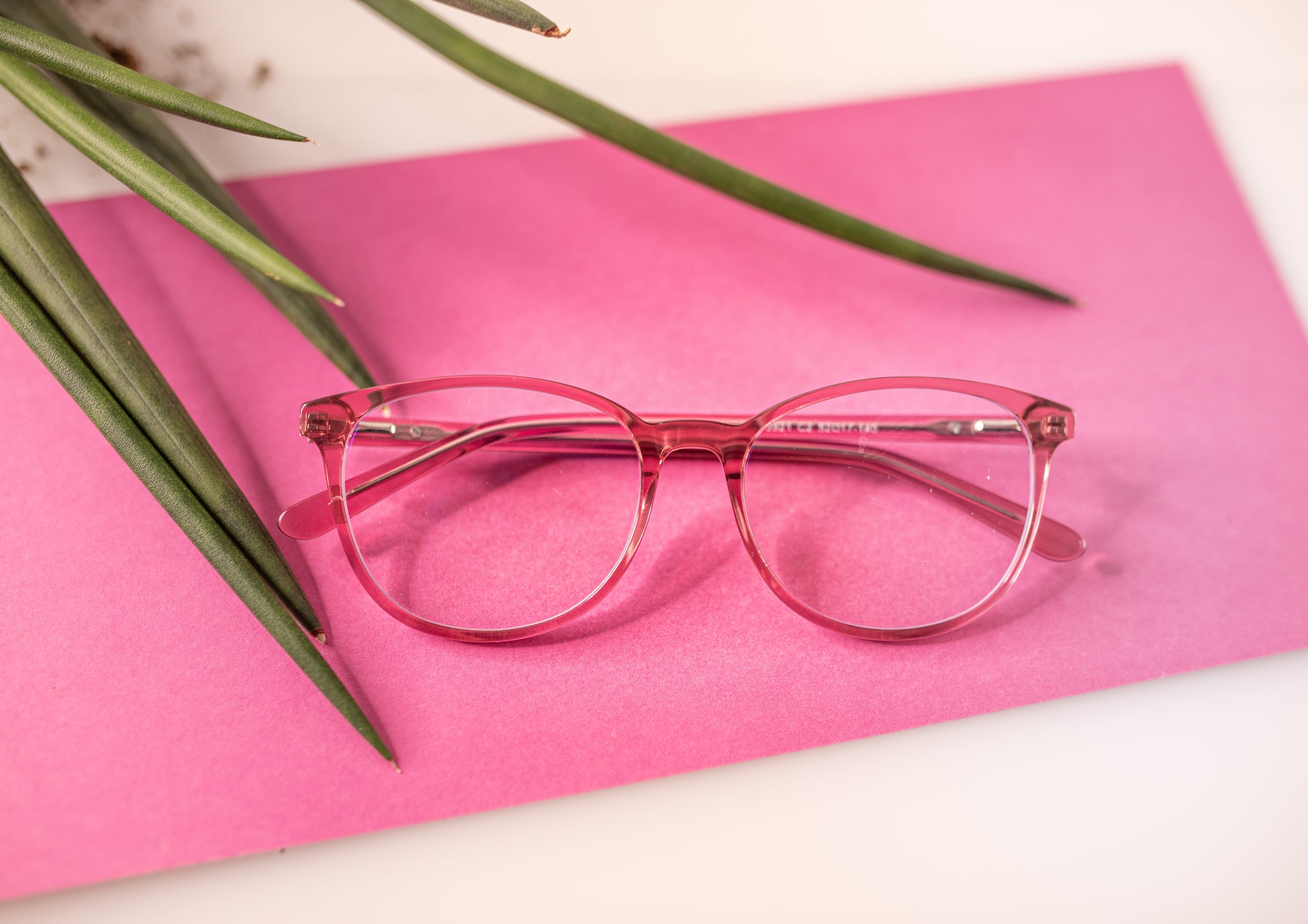
7 Books Every Creative (And Wannabe Creative) Should Read
“Watch your thoughts, they become your words; watch your words, they become your actions; watch your actions, they become your habits; watch your habits, they become your character; watch your character, it becomes your destiny.”
― Lao Tzu
So much of who we become boils down to what we read, watch, and (by extension) focus on. As the saying goes: garbage in…
If your goal is a life of creative achievement, it pays to internalize thoughts and ideas that help advance that creativity.
In creative circles, it’s all too common to stumble across the pervasive legend of the natural genius. Blessed from birth with innate creativity, these mythical figures are capable of previously unimagined leaps of creative insight, unavailable to the common rabble.
That conception of creativity barks up entirely the wrong tree. Creativity, in 99.99% of cases, is not some fixed and immutable natural gift. It’s a skill to be honed.
Hence the importance of watching what you read. And to support you on your mission of creative fulfillment, we’ve pulled together a list of M.AD book recommendations, carefully curated to keep your grey matter buzzing.
1. Sapiens: A Brief History of Humankind
Author: Yuval Noah Harari.
Sapiens is a book for everyone—not just creatives. In a nutshell, it’s a layman’s guide to the human story on Earth. That’s something we can all benefit from.
But the lessons of Sapiens translate with particular punch for anyone of the creative persuation. In his sprawling work, author Yuval Noah Harari proposes a thesis that creativity and “collective fiction” are what the fundamental qualities separating us from our biological cousins, the lesser apes.
On its own, the idea is inspiring. In Harari’s view, humanity’s propensity for complexity (world-sculpting engineering projects, intangible legal conundrums, etc…) all stems from the same base desire: creating devices to improve our lives.
However, the concept of collective fiction reflects the goals of creative thinking in the first place: viewing humanity through a schism unique to oneself. Harari’s book follows this germ of an idea to its logical conclusions and reflects on its significance throughout history. Pick up Sapiens to unravel hidden truths about the world…and stay to learn about yourself.
2. Start Ugly: The Unexpected Path to Creativity
Author: David Duchemin
For aspiring creatives, Start Ugly is as motivational as a book can get.
The premise is exactly what it says on the tin—starting ugly is better than not starting at all. Duchemin uses this thesis to point out the true value in starting. It’s not just so you can finish quicker or get it right the first time (which is basically impossible). Instead, the value is mining your first draft for nuggets of gold…using those nuggets as the basis for subsequent revisions. With each draft, the creator gets closer to Nirvana.
Equal parts funny, insightful, and inspiring, Duchemin’s book is a must-read for anyone who wants further their creative output…bu struggles to start or or keep with it.
As Duchemin says on his website, “Creators must not fear the messy, the bad ideas, or the disastrous first attempts. Not only must we not fear those things, we must run wildly towards them.”
3. The Medium is the Massage
Author: Marshall McLuhan
No, not the message. The massage.
You’ve heard of Marshall McLuhan. Reading his work directly should be mandatory for anyone with a creative bent.
More than almost any other book, The Medium is the Massage plays with the format of the typeset word. It’s like a proto-PowerPoint, in-laid with images and jokes and quotes galore. It’s also quite short and snappy—all in all, something you could finish tonight.
What makes it iconic, and essential reading, is the way it will cause you to reconsider the information age. McLuhan first wrote in the 60s. And yet he predicted almost perfectly the commodification of information, the fracturing of the media landscape, and the light-speed implications of digitized information.
As a creative thinker, your goal should be to uncover insights from the world around you…and to synthesize and distil those insights in a way unique to you. McLuhan will get you there.
4. Can’t Hurt Me
Author: David Goggins
If this book doesn’t make you want to work, then I don’t know what will. David Goggins recalls his life story in this memoir, detailing how he overcame an abusive childhood, obesity, racism, and depression and became a Navy Seal and ultramarathoner.
In his early 20s, Goggins was overweight and depressed, and working a dead-end job. A few years later, he was named the fittest man in America. Goggins shares his mindset as he accomplishes each of his goals, offering insight into the various mantras that he uses to tap into his rigorous discipline. The great news? He teaches the reader how to be as disciplined as him. In the creative world, where being a self-starter and achieving goals is paramount, Goggins’ book is a must-read.
5. Ways of Seeing
Author: John Berger
We live in a sea of information. We’re influenced by it, as much as we ourselves influence what’s around us.
On the surface, it’s about art. It’s really about what we see, how we process information, how we present information.
Why will this book change your ideas? Because no matter who you are, you’ll come out the other hand with a greater appreciation for the delicate art of critical thinking. It will also train your eye, which should be a goal of any great creative.
6. The Subtle Art of Not Giving a Fuck
Author: Mark Manson
The Subtle Art of Not Giving a Fuck is half Greenlights and half Start Ugly. While the resiliency that McConaughey highlights is certainly a theme of Subtle Art, the motivational element mentioned by Duchemin plays significantly into Manson’s book. Manson is a no bullshit kind of guy. When you read Subtle Art, it really feels like Manson is talking directly to you. He tells the reader to embrace negative feelings, to accept the limitations of real life and all of the inherent crappiness that goes along with it, and to use that as a springboard towards achieving your goals.
Manson interweaves academic research, jokes, and real-life experiences to create a philosophy that is at once ancient and yet incredibly applicable to the modern world. That may sound like some vague bullshit, the exact kind of thing that Manson would rally against. And yet, considering his pseudo-Buddhist take on the world, it might just be an apt synopsis of his worldview.
7. How We Got to Now
Author: Steven Johnson
In popular imagination, invention and genius go hand in hand. We idolize the ideal of a misunderstood individual tinkering away alone, perhaps to the chagrin of those around them. Tesla and da Vinci and Ben Franklin and Alexander Graham Bell. In a way, it’s one of our favorite stories.
In How We Got to Now, Steven Johnson turns the story of invention on its head. Rather than exploring solely the stories of individuals, Johnson charts social histories, pulling together the complicated web of how research, social progress, demographics, etc… come together to influence technological progress.
The examples Johnson cites, like how air-conditioning enabled mass-human-migration, or how advances in glassmaking influenced the spread of wide-scale literacy, are the ultimate brain food. It’s like a crash course in making the kinds of patterns and connections that great inventors do. And in the end, that’s the lesson: that the people who really advance human technology tend not to be lone inventors: more often it’s a collective effort, spearheaded by someone with the boldness and vision to bring together disparate ideas.
Armed with these books, any aspiring creative (or really just anyone who wants to be more creative in their daily lives) will see improvements in their creative output. From the philosophical musings of Sapiens to the inspiring rhetoric of Start Ugly, from the gung-ho lessons of Subtle Art to the poetic observations in Ways of Seeing, these books provide the underpinnings of independent critical thinking.
